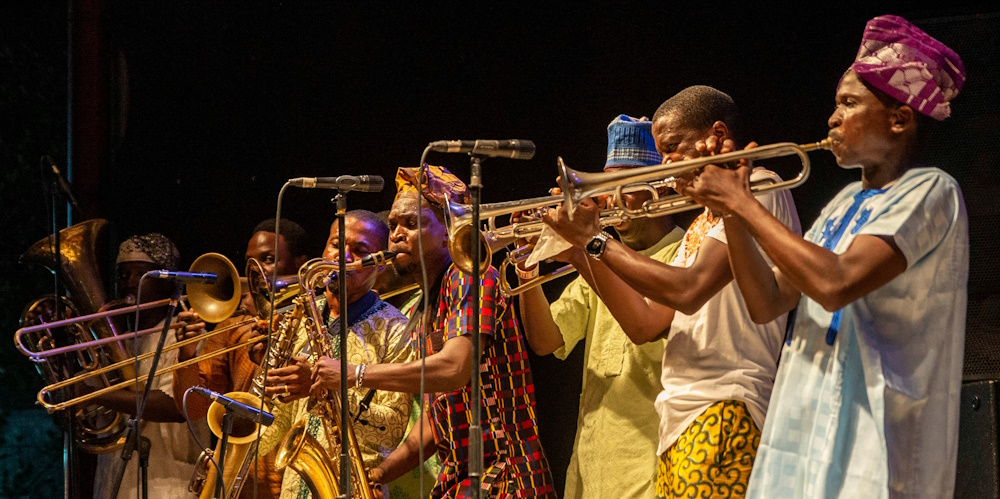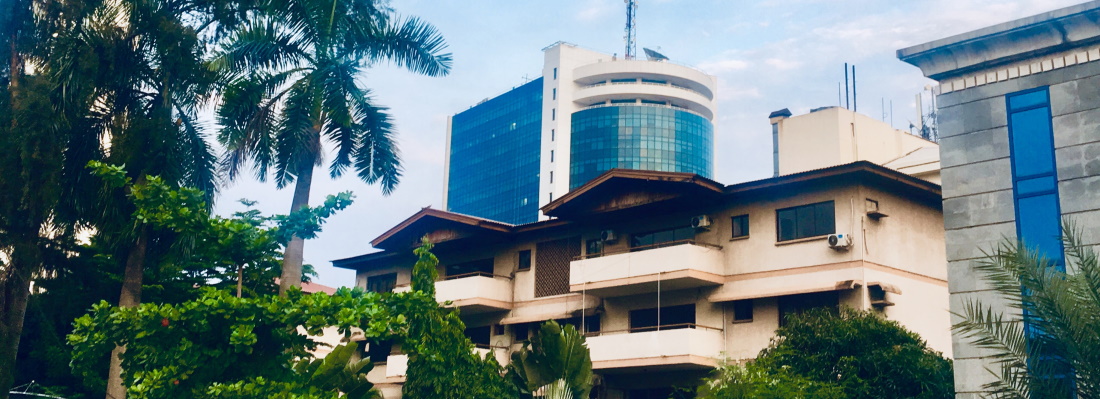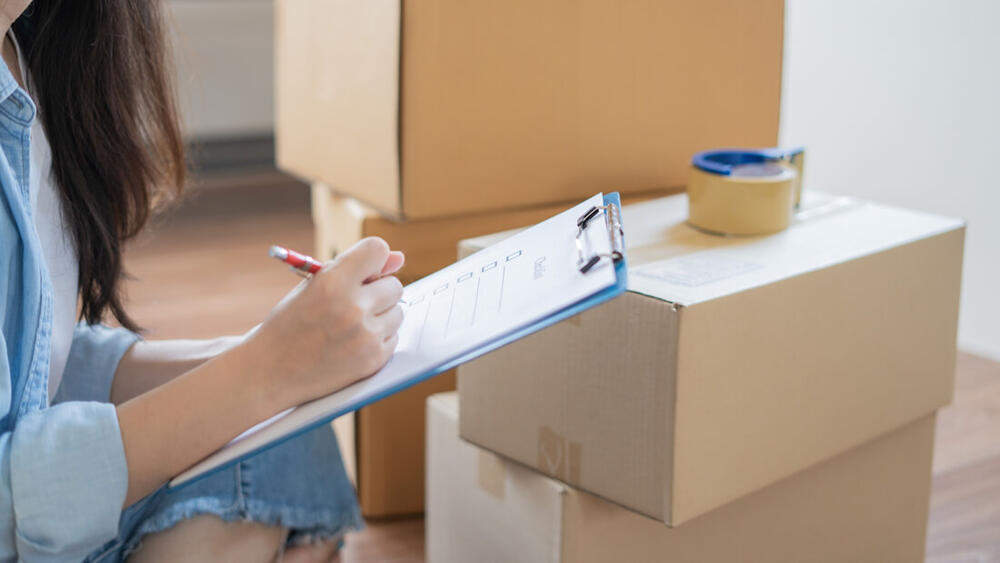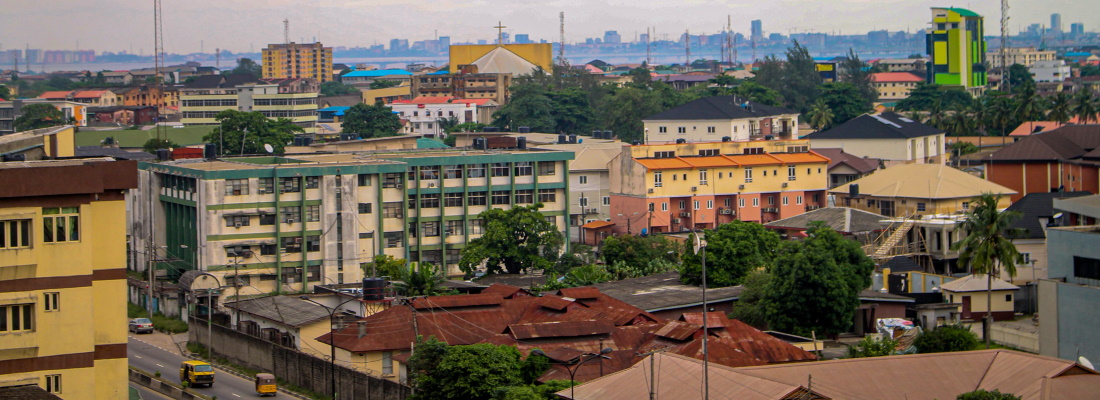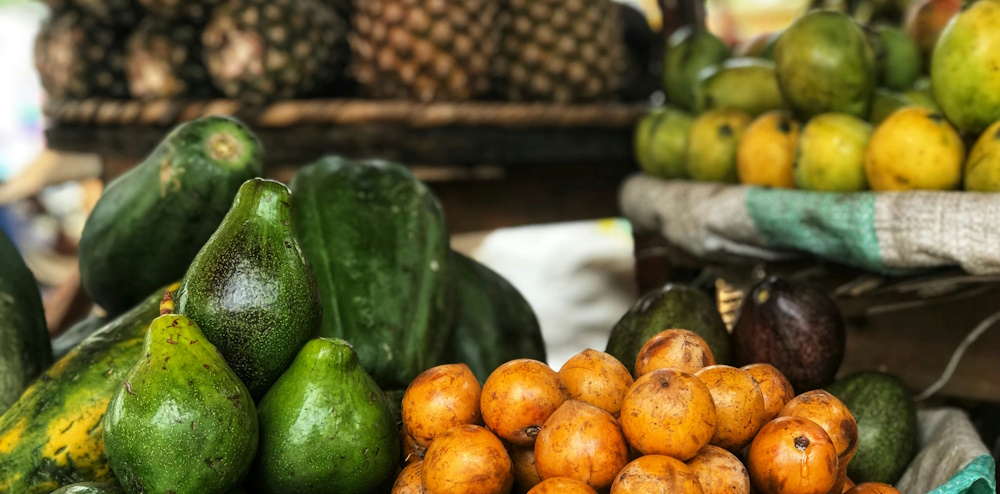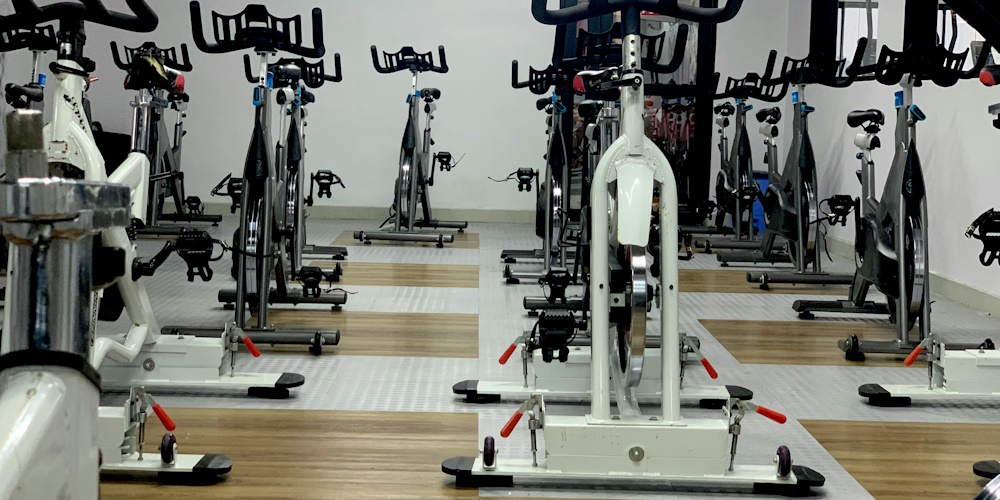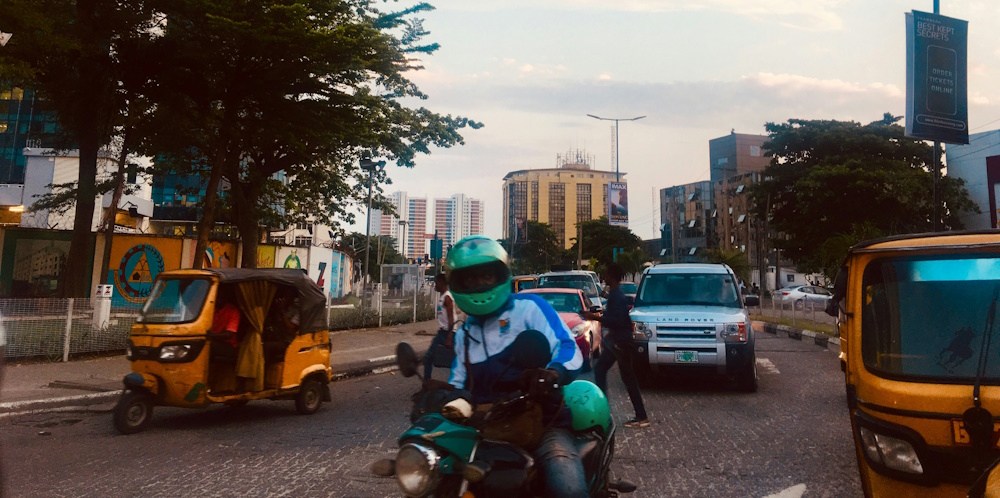Lagos lies in southwest Nigeria, on the coastline looking out into the Gulf of Guinea. It consists of the mainland and several islands divided by the Lagos Lagoon and its creeks.
A West African hub for financial and economic activity, Lagos is also home to Nigeria’s famous film industry, Nollywood. Though bustling and exciting, moving to Lagos offers both challenges and opportunities for newcomers.
Living in Lagos as an expat
If you’re moving to Lagos, you might have heard mixed things about life in this ever-expanding Nigerian metropolis. Lagos has often been ranked as one of the world’s least 'liveable' cities, particularly when it comes to political and social stability, safety, and access to high-quality healthcare. Overpopulation, ageing infrastructure, and widespread unemployment are persistent issues. Traffic congestion and pollution are everyday realities, while crime, from petty theft to more serious incidents, should not be underestimated.
On the other hand, Nigeria’s financial and economic capital draws expats from all over, including sizeable American, Indian, Filipino, and Lebanese communities. So, with all these challenges, why do expats continue to choose Lagos? The simple answer is opportunity. Lagos thrives on the promise of wealth and career prospects.
Lagos is the beating heart of West Africa’s business scene. It boasts some of the region’s most significant banks, ports, and markets. Multinational corporations, especially those operating in the oil-rich Niger Delta, use Lagos as their regional headquarters. Many of these firms offer highly attractive expat packages, hoping to lure skilled professionals.
If you’ve been offered a job in Lagos, expect not only a competitive salary that compensates for Nigeria’s infamous ‘hardship ranking’ but also a range of perks. These often include housing, health insurance, a car and driver, and regular flights home. Even if your employer doesn’t cover these outright, ensure you negotiate for them or secure a salary that will comfortably meet these additional costs.
Life in Lagos is far from the horror story you might imagine. Many expats take comfort in the close-knit, though somewhat insular, communities within secure compounds and office spaces. Outside of these, there’s plenty of room to explore thanks to a buzzing social scene, a wide array of social clubs, and Lagos’s famously lively nightlife. Cosmopolitan vibes are never far away – from upscale beach resorts to trendy restaurants and cocktail bars.
Cost of living in Lagos
The cost of living in Lagos is a complex issue. While locals struggle with currency fluctuations and soaring inflation, the situation is significantly less dire for expats earning in a foreign currency such as the US dollar, which is stronger and more stable than the naira.
As a result, inequality is a striking feature of life in Lagos. While many locals live in challenging conditions, the wealthy enjoy a lifestyle of comfort in affluent neighbourhoods such as Ikoyi and Victoria Island. These areas remain the go-to choice for expats, where modern homes, security, and luxury amenities are the norm. Rental prices in these districts can be high, particularly for larger, family-sized properties.
When it comes to healthcare, private hospitals offer a reasonable standard of care, but you'll want comprehensive health insurance, ideally one that includes provision for medical evacuation. This is a non-negotiable, as local facilities may not always meet international standards for more complex medical needs. Check if your employer covers these costs, as healthcare and evacuation can be pricey if you’re footing the bill.
Families and children in Lagos
While Lagos may not immediately strike you as the most child-friendly destination, it increasingly offers families a good quality of life, provided you have the right resources. You’ll find a number of excellent international schools in Lagos catering to expat families. Though fees can be steep, you can rest assured that your children will receive a top-quality education on par with global standards.
Family life in Lagos is further enhanced by a growing list of child-friendly attractions, and let’s not forget Lagos’s lively cultural scene. The city hosts many family-friendly festivals throughout the year, which provide a fun and educational glimpse into local traditions and celebrations. Whether it’s a day out in nature or a cultural experience, Lagos offers plenty to keep children entertained and families connected.
Climate in Lagos
The tropical climate in Lagos makes for long, hot summers, with high humidity due to its coastal location. While it doesn’t quite reach the extreme heat of northern Nigeria, the city’s weather can still be intense, especially during the rainy season.
Alongside the heat, power and water supply problems remain constant issues in Lagos, particularly during heavy rainfall or dry spells. Many expats are turning to solutions such as solar power to deal with frequent blackouts, and rainwater harvesting systems are becoming popular to supplement unreliable water supply services.
Despite these challenges, life in Lagos remains vibrant and full of colour. The key to settling in is adapting to the city’s unique rhythm, accepting that things may work differently, and embracing the adventure of living in a fast-paced, evolving urban centre. From lively markets to cultural festivals, Lagos offers expats plenty to discover, making it more than just a place to work – it’s an experience you won’t forget.
